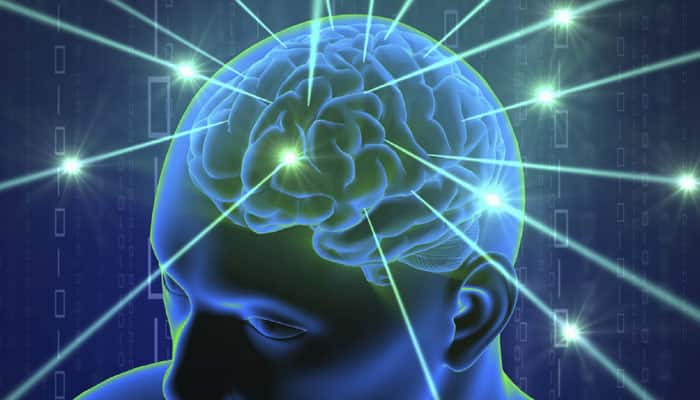Washington: Scientists have explained how our brain performs, what neuroscientists have termed as "mental time travel."
It refers to the recollection of memories, so rich in detail regarding the time and place of an original experience, that it is much like traveling through time.
A team of Vanderbilt scientists found that they could use the activity patterns in a specific region of the brain to substantially improve their ability to predict the order in which the participants recall information that they have recently studied.
Assistant Professor of Psychology Sean Polyn, who headed the study, said that it was extremely important to understand what different brain regions were doing as we searched through our memories. Diseases like Alzheimer's and epilepsy were devastating to memory, and this information could help to develop treatments to preserve patients' memories, and identify adverse effects that new psychotropic drugs may have on people's memory.
The researchers tested their model in an experiment with 20 participants (seven male and 13 female) between 18 and 35 years of age. They were put in an fMRI brain scanner and given a list of 24 names of common objects like horse, boat and window. Depending on the object they were asked to decide if it was big or small, animate or inanimate.
(The purpose of the question was to make them concentrate on the words.) After a brief pause, they were asked to recall the words they had just studied in the order they occurred naturally.
The researchers found that when a participant's brain scan indicated that they recalled an object with high fidelity, then their next response was likely to be the next item on the list. However, when the brain scan indicated that the object was an isolated recollection, then the next object the person recalled could come from anywhere on the list.
He said that the model was much better than chance at predicting what a person would recall next, but when they told the model what a person's brain activity was at the moment they recalled a particular item, the model became much better at predicting which item would be recalled next. It demonstrated that the brain stamps memories with a temporal code. The time-travel recollections allowed the brain to retrieve that temporal code, which made memories for nearby things more accessible, in this case the next item in the list.
Polyn's memory model is an example of a new generation of brain simulations that are attempting to link brain activity with specific cognitive functions.
The study is published in the Journal of Neuroscience.
















